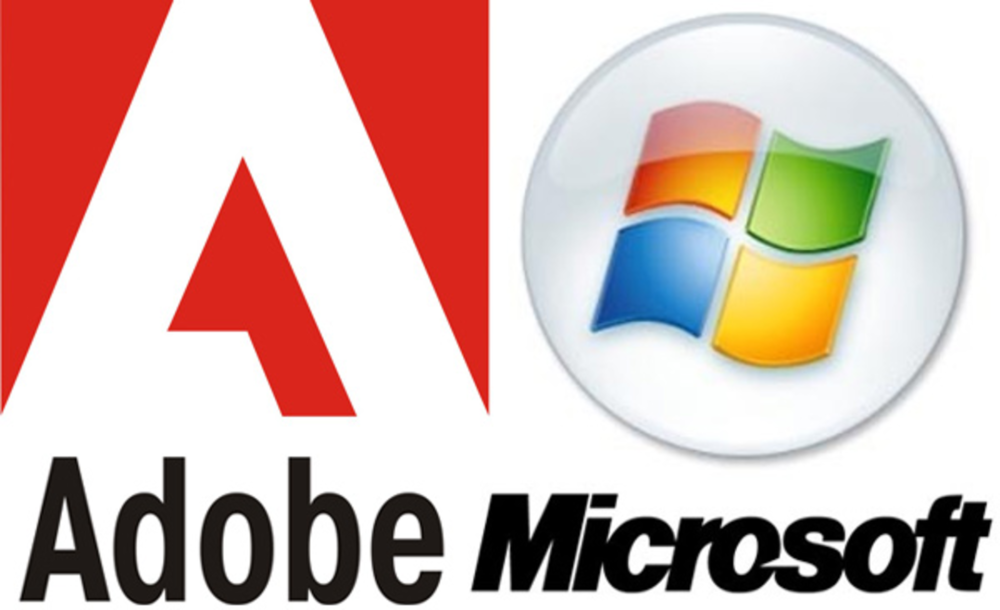Adobe and Microsoft Corporation this week announced a strategic partnership which will include integration of Adobe’s Marketing Cloud Solutions with Microsoft’s Dynamics CRM. The announcement, at Adobe’s European digital marketing conference, Adobe Summit, in London, is another sign that the days of siloed CRM are coming to an end.
“Adobe and Microsoft are creating the industry’s first large-scale solution for connecting the customer experience across all touch points,” said Brad Rencher, head of Adobe’s Digital Marketing Business unit, in a press release. The partnership helps Microsoft boost its marketing technology presence.
Microsoft’s presence in marketing automation has been fairly lackluster: MSFT acquired Marketing Pilot about 3 years ago, but that product is/was primarily marketing project management.
Chris Fletcher, a research director at Gartner, told me: “Microsoft’s presence in marketing automation has been fairly lackluster: MSFT acquired Marketing Pilot about 3 years ago, but that product is/was primarily marketing project management. Microsoft enhanced and renamed that product to form the Microsoft Dynamics Marketing product, but it is still not a segment leader (as compared to Adobe Marketing Cloud and Adobe Campaign, Oracle Eloqua, Marketo, or Hubspot, to name a few).”
Fletcher also noted that the partnership raises questions about the future of Microsoft’s own marketing automation solution, Dynamics Marketing.
Although CRM has historic roots in the attempt to make a unified contact history for each customer available across business units, the functionality has become increasingly siloed as marketing and sales teams have been compelled to enter a nimble, online, and often mobile environment. CRM solutions are often not well integrated–or not integrated at all–with marketing and sales tools like content and social media management systems. For many businesses, CRM primarily supports post-sale customer service.
If marketing’s mantra is to provide a seamless, consistent customer experience across all touch points through the sale and service cycles, integration of marketing technology with CRM solutions would seem to be a logical progression.
Marketers want a complete customer profile — so they have the data they need to optimize the digital experience for individual customers.
I asked Melissa Webster at IDC about the significance of this announcement, and she said: “Marketers want a complete customer profile — so they have the data they need to optimize the digital experience for individual customers – and that means combining data from all of the customer touchpoints (both digital and physical world). This requires combining data from the CRM system with data captured by the many digital interaction points – especially behavioral data (which the CRM doesn’t contain).”
She also explained that, since the two vendors have mostly complementary offerings–“Microsoft doesn’t offer a complete suite for digital marketing/experience; and Adobe doesn’t sell a CRM solution”–the partnership is a natural fit.
The announcement throws down a significant challenge to Salesforce.com in particular. Salesforce’s success was built on cloud-based CRM, but has trailed Adobe in marketing cloud rankings while seeking to build a compelling unified offering from individually acquired tools. Salesforce also lacks the equivalent of Adobe’s Creative Cloud.
Also announced at the London summit was deeper integration between Adobe’s Creative and Marketing Clouds, based on innovations in Adobe Experience Manager, including enhanced common asset management features.








